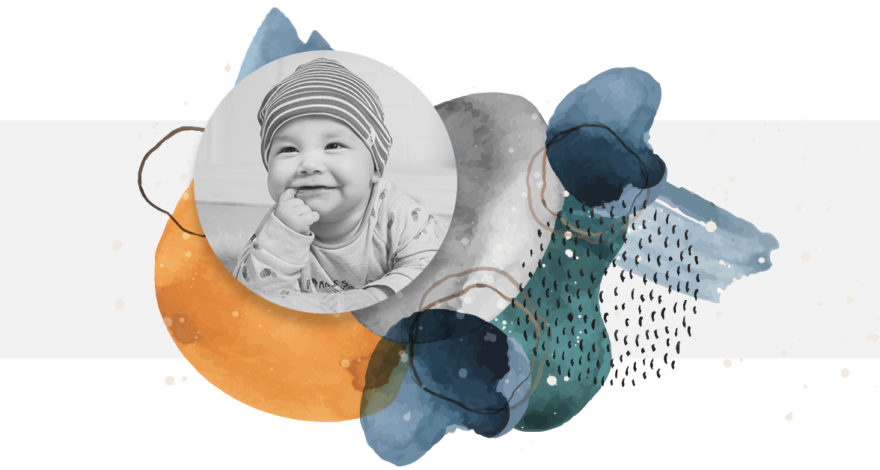Racial Disparities and Poverty:
Exposing Myths, Building Solutions
Amid a troubling surge in societal injustice, the need for solutions and progress is more urgent now than ever. Which is why it is vital to dispel persistent myths that oversimplify poverty, such as the fallacy that “all poor people are Black.”
Perpetuating this harmful misconception obscures the intricate reality of ingrained racial disparities and their cumulative effects. Now is a time to shatter these illusions and recognize the systemic forces at play.
The COVID-19 pandemic exposed the extent of these disparities, with Black communities suffering disproportionately higher infection and death rates compared to their white counterparts. The harsh reality revealed that chronic health conditions like hypertension and diabetes made Black individuals more vulnerable to COVID-19. However, in 2021 leading immunologist Dr. Anthony Fauci stressed that these conditions were not inherently racial but rather a consequence of longstanding healthcare disparities, limited access to nutritious food, and “the undeniable effects of racism in our society.”
Years earlier, in 1992, renowned public health professor, Arline T. Geronimus, described these collective impacts of racial and economic inequality as “weathering.” Geronimus arrived at this theory after studying Black teen mothers in the 1980s, who were unjustly blamed by the media for perpetuating poverty and poor health in disadvantaged communities.
Her research revealed a stark contrast: While white teen mothers were more likely to face infant mortality or childbirth-related fatalities, Black women experienced the highest risks not in their teens, but during their twenties. This disturbing trend reflects the corrosive effects of pervasive discrimination and inequities, which took a toll on the health outcomes of Black women as they grew older.
A Solution-Based Approach
Scapegoating specific racial segments for the plight of poverty is not a viable solution. It is crucial to recognize that poverty is not a matter of choice, particularly for babies and young children who find themselves trapped in circumstances beyond their control. Instead, the focus should be on implementing effective approaches.
One solution-based approach is Family Health Project, which launched a pilot program on Mother’s Day 2021. The program provides new mothers living in deep poverty with $400 per month for 36 months, with no strings attached. This innovative approach draws inspiration from compelling research, such as Baby’s First Years and other initiatives, which suggest that providing direct cash to mothers can positively influence infants’ cognitive development. By granting unrestricted funds to families in need, it is possible to spur tangible and transformative outcomes.
An analysis conducted by The New York Times and an independent researcher backs that up. The study revealed an unprecedented drop in child poverty rates, which have fallen 59 percent since 1993. The research found that several factors contributed to reducing child poverty, but a dominant factor was the expansion of government aid.
By 2019, safety net programs had managed to slash child poverty rates by a staggering 44 percent, leading to a threefold increase in the number of children lifted out of poverty—benefiting children from diverse backgrounds, including white, Black, Hispanic, and Asian. The simple act of increasing financial support for families in need can yield extraordinary benefits for those living in poverty.
When Geronimus coined the term “weathering,” she intended for it to capture both the adversity and resilience demonstrated by Black people. This concept encompasses their ability to endure despite the erosion and wear and tear they face daily, particularly when confronted with baseless stereotypes that diminish the significance of their struggles.
By dispelling myths, addressing systemic racism, and implementing comprehensive support systems like Family Health Project, it will be possible to transform society into one that values every individual and fosters equitable opportunities for all. These are the goals we should be aiming toward as our nation continues to rebuild after years of societal upheaval. The emphasis needs to be on reparation, not division.
